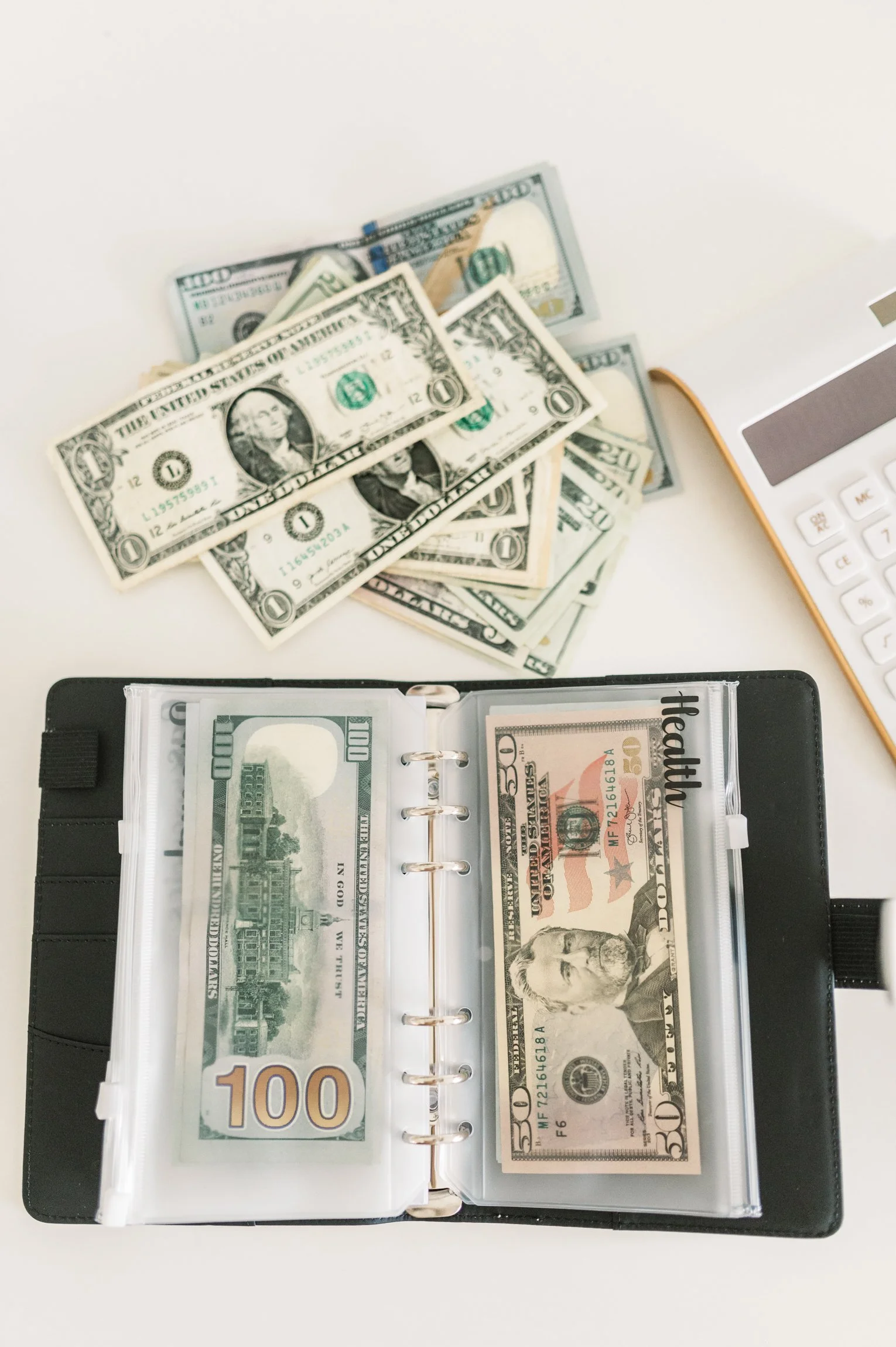How to Finally Separate Your Business and Personal Money (Without Losing Your Mind)
Step 1: Have a dang business bank account in the first place, please!
Even if your entire admin time for the week is taken up by logging into your bank and creating a separate account for your business, go do that. We’ll wait.
If you have an extra bank account sitting unused (preferably $0 balance), decide that it will be business-only from this moment on.
There are many banks that don’t charge you a thing. If you need a recommendation, I am happy to provide one…or five.
Step 2: Name Your Accounts
Rename your bank accounts clearly, but feel free to have fun with it. No one knows but you and the bank.
If you don’t have a business account yet, we will still wait.
Step 3: Mark Your Cards
Add a sticker or write with a Sharpie on one of your cards to quickly differentiate the two in the checkout line. I’m a fan of writing ”BILLS” on the business card.
Don’t even bring your business card with you if you know you’re going somewhere you have no business swiping it.
Step 4: Update Your Autopay Accounts
Review the saved cards on all of your subscriptions or saved payment methods and adjust them accordingly.
Also review the accounts used for when you receive funds! If your customers are paying into your personal account, no wonder your business one is always running low! You can’t pour from an empty cup!
If you find mixed payments, screenshot them to fix later or forward to your bookkeeper, but don’t rely on this method month over month.
Step 5: Review Transactions Regularly
Add a recurring reminder for when you sit down at your desk/station to just look through your transactions for the week and screenshot/write down any amounts that posted to the wrong account.
Ask yourself “Would my bookkeeper smile or squint at this?”
Be real with yourself. If it’s groceries, dinners with friends, or cat toys, it’s personal. If it’s supplies, marketing, rent for the business space, it’s business.
When in doubt, make a note to either peruse IRS guidance, or talk to your bookkeeper. I think you know which will be more productive.

